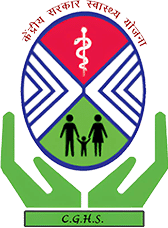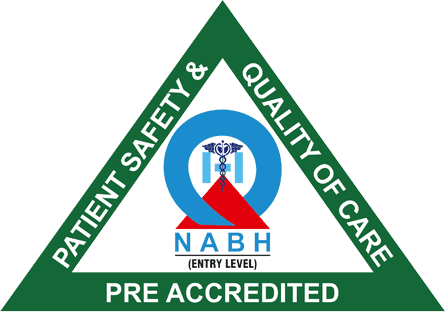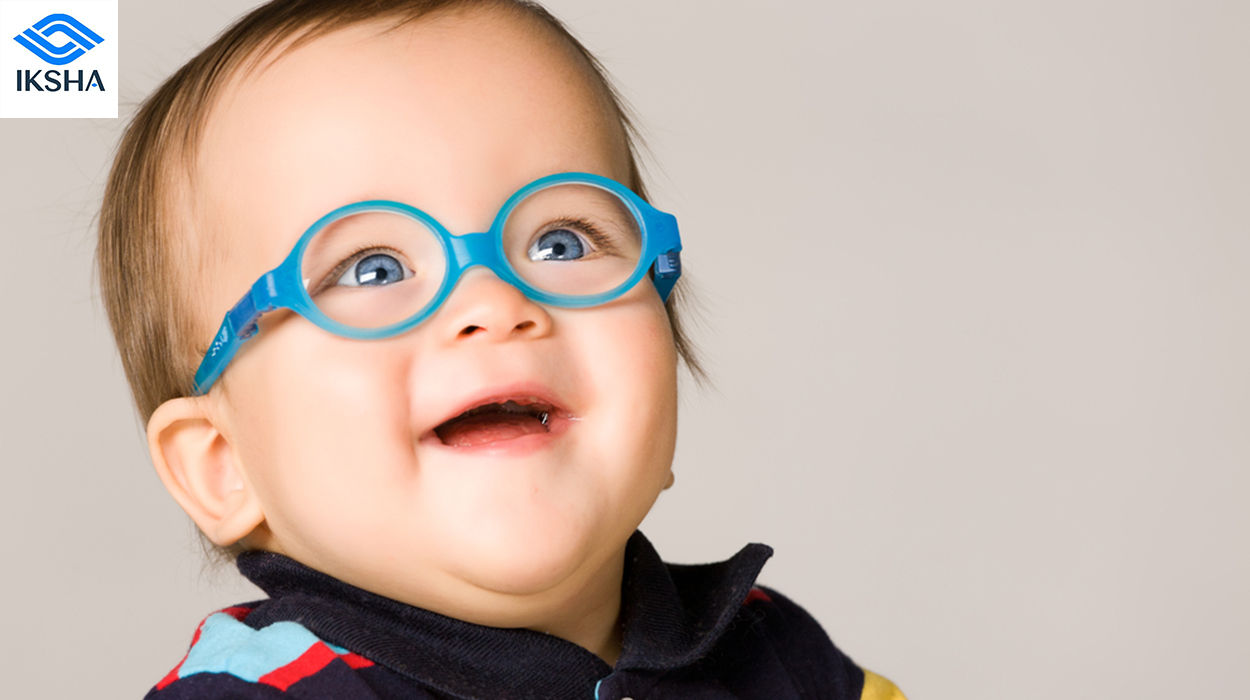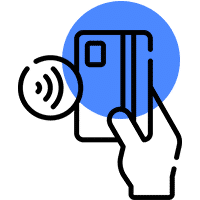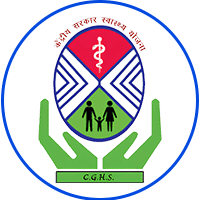As a parent, it’s crucial to be aware of the signs that your child may need glasses. Vision problems can significantly impact your child’s ability to learn and navigate their world, and early detection and intervention are key to ensuring they have the support they need to thrive. In this blog, we’ll delve into each sign in more detail, so you can better understand what to look for and what to do next.
Squinting
Squinting is one of the most common signs that your child may need glasses. If you notice that your child is squinting or closing one eye to see things better, it may indicate that they’re having trouble seeing clearly. Squinting can temporarily improve vision by narrowing the aperture of the eye, which reduces the amount of light entering the eye, and thus can make it easier to see.
Sitting Too Close to the TV or Computer

If your child is consistently sitting too close to the TV or computer screen, it may be a sign that they’re struggling to see what’s on the screen from a distance. Sitting too close can cause eye strain and fatigue, leading to headaches and difficulty focusing.
Frequent Headaches
Headaches can be a sign of many different things, but if your child is experiencing frequent headaches, it may be due to eye strain from struggling to see clearly. Eye strain can cause particularly noticeable headaches in the forehead or temple region.
Tilted Head or Covering One Eye
If your child tilts their head or covers one eye to see things better, it’s a sign that they’re having trouble seeing out of that eye. Covering one eye can reduce the amount of visual information the brain has to process, making it easier to see clearly.
Eye Rubbing
If your child is frequently rubbing their eyes, it may be a sign of eye strain or fatigue from struggling to see clearly. Eye rubbing can further exacerbate eye strain and can even cause eye infections if hands are not clean.

Holding Books or Objects Too Close
If your child is holding books or other objects too close to their face, it may be a sign that they’re having trouble seeing from a distance. This can be particularly noticeable when reading or doing other close-up activities.
Clumsiness
Vision problems can also affect your child’s coordination and balance, leading to clumsiness or poor motor skills. This can be especially noticeable when your child plays sports or engages in other physical activities.
Sensitivity to Light
If your child is sensitive to light or frequently squints in bright light, it may be a sign that they have an underlying vision problem. Light sensitivity can cause discomfort and make it difficult to perform everyday tasks in bright environments.
Struggling to Read or Write
If your child is having difficulty reading or writing, it may be due to vision problems that make it hard for them to see the letters or words clearly. This can lead to frustration and difficulty keeping up with their peers in school.

Lack of Interest in Visual Activities
If your child seems disinterested in visual activities like reading, drawing, or watching movies, it may be due to difficulty seeing or a fear of failure. This can lead to a lack of engagement in school and social activities, which can impact their overall development.
If you notice any of these signs in your child, it’s important to schedule an appointment with an best optometrist or ophthalmologist to have their vision evaluated. Early detection and treatment of vision problems can significantly improve your child’s quality of life and help them succeed in school and beyond. Don’t hesitate to advocate for your child’s eye health – their vision is too important to ignore.

